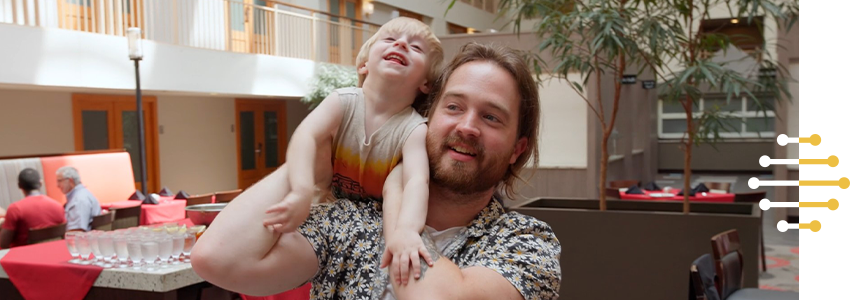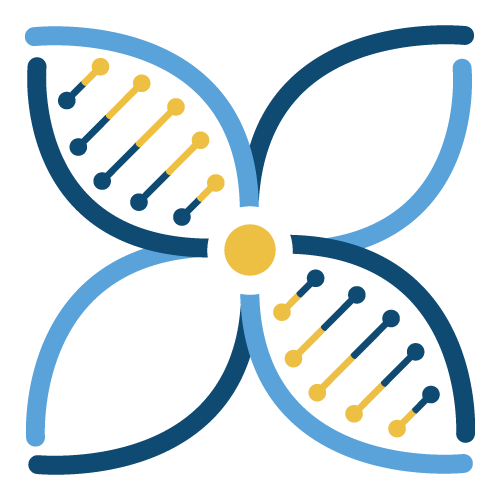Resources for Patients & Caregivers
Cancer Diagnosis

Just as the initial diagnosis of Bloom syndrome can be intimidating, we know a cancer diagnosis can be overwhelming and frightening. It’s important to know that, while Bloom syndrome cancers can be particularly challenging, many in our community have survived one, two, even more than a handful of cancers! We are here for you to provide information and also to provide emotional support.
When cancer strikes, it’s important to develop an integrated care team including your oncologist, the Bloom Syndrome Registry, and YOU!
Questions to ask your oncologist:
- What type of cancer is it? (Ask for a copy of pathology report)
- How much experience do you have treating this type of cancer? How much experience, if any, do you have in treating cancer in a patient with Bloom syndrome?
- How will my treatment differ from what would normally be used in this type of cancer? (It’s important to note that it’s recommended that lower doses be used and certain agents avoided.)
- Are there any targeted or personalized therapies available?
- Should I get a second opinion?
- What are the risks/benefits of each treatment option?
- How can I manage potential side effects?
- Are you willing to be in touch with the Bloom Syndrome Registry and the Bloom Syndrome Association?
Contact the BSR and the BSA
- The Bloom Syndrome Registry (BSR) has collected information on what information is available regarding cancer treatment protocols and outcomes, and is willing to connect oncologists with others who have experience treating Bloom syndrome cancers. [Link to Bloom Syndrome Registry page]
- The Bloom Syndrome Association (BSA) is here to support and wants to understand your experience and any challenges you face in receiving the best care available.
Consider sharing samples and information to help researchers and clinicians develop better treatments for Bloom syndrome cancers.
- For colon cancers, the Bloom Syndrome Registry collaborates with Nathan Ellis at the University of Arizona.
- The Bloom Syndrome Registry can also receive other solid tumor types for sequencing and other analyses.
The Bloom Syndrome Registry and a team including Vivian Chang at the University of California, Los Angeles, are collecting treatment protocols to understand which may be most effective.
Facebook Community Group
- The BSA maintains a closed group on Facebook. Ask questions to the group about your experience, and lean on us for support.
